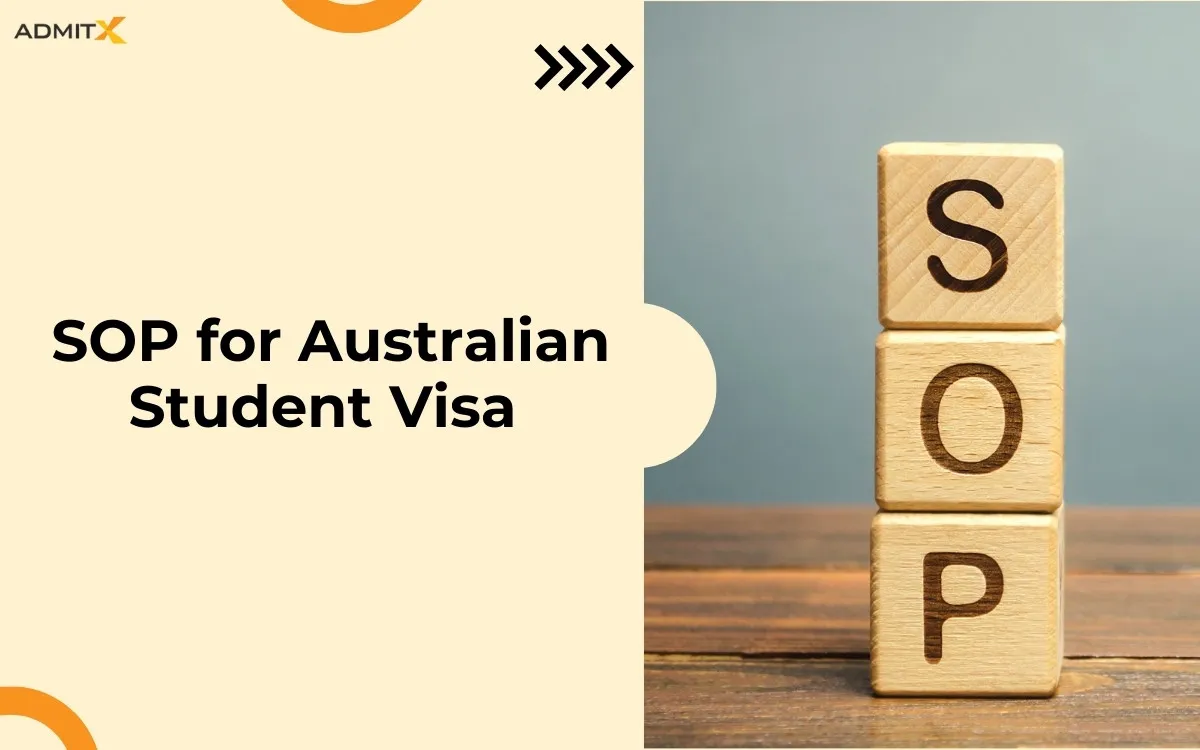
MBA Syllabus in World’s Top B-Schools
The MBA syllabus is designed to impart the knowledge of business and management to students. Be it banking, finance or the hospitality sector, a workforce is needed to handle the organisation’s operations and management so that it can run well. The duration, curriculum and syllabus of an MBA program can vary depending on the various factors that need to be considered before exploring the options for pursuing the program.
In this blog, we have discussed the MBA curriculum, its structure and syllabus, and a comparison of MBA programs in top countries.
What is an MBA?
MBA, or Master of Business Administration, is a post-graduate level course designed to impart the knowledge, understanding and skills relevant to the business, management and financial sector. Both fresh graduates and experienced professionals pursue an MBA. The primary objective of an MBA program is to foster and cultivate the managerial and entrepreneurial mindset and develop certain skill sets required in the corporate world. Whether you are pursuing an MBA in the USA, UK or Canada, this objective remains the same.
However, slight differences might be observed in the MBA syllabus, curriculum duration, etc., due to various factors such as market demand, business communication, expectations of society, etc.
Also read – Ways to Fund your Overseas Education
Benefits of Pursuing MBA Abroad
The following are the benefits of pursuing an MBA abroad for Indian students:
- Leadership Qualities: It teaches how to be a good and successful leader in the organisation and society.
- Management Skills: It provides experience in managing valuable assets productively and efficiently.
- Develops soft skills: It develops certain skills required in the corporate sector, such as negotiation skills, communication skills, interpersonal skills, and handling crises effectively.
- Job Opportunities: It aims to provide abundant job opportunities in the market and finances at attractive salary packages in the world’s top companies such as Google, Microsoft, Accenture, TCS, etc.
- Connections with Experts: Pursuing an MBA course would expand the connections between experienced and well-settled alumni in society, which provides valuable guidance and assistance related to academics and careers.
MBA Courses in Abroad Universities: An Overview
As mentioned above, the focus of the standard MBA syllabus is to construct the mindset of a leader in the students through various multidisciplinary MBA abroad programs.
Following is the overview of the MBA abroad program in the tabulated form:
| Duration | 1-2 Years (depending on the country and the university) |
|---|---|
| Average Fee (Per Year) | 41 Lakhs-95 Lakhs INR (depending on the country and the university) |
| Top MBA Specialisations | MBA in Finance MBA in Accounting MBA in Human Resources MBA in Hospitality Management MBA in Supply Chain Management MBA in Digital Marketing |
| Preferred Countries | USA UK Canada Australia France Germany Ireland Rest of Europe Singapor |
Structure of MBA Abroad Program
The structure and curriculum of an MBA course in universities abroad depends on the institute itself. Even within a country, different universities might have different MBA curricula and structures that they follow, so what to talk about regarding their variations in different countries? The typical structure of an MBA abroad program consists of the following modules:
Mandatory Modules
Generally, top MBA universities around the world feature 8-14 required academic modules, irrespective of specialisation, that aim to provide a comprehensive understanding of management, business and leadership. The academic modules of different MBA specialisations vary depending on the industry’s and society’s needs. Below, we have mentioned some top academic modules commonly followed in most global universities.
- Financial Management
- Innovation & Strategic Entrepreneurship
- Leadership Abilities
- Corporate Reporting & Decision Making
- Marketing
- Operation Management
- Organisational Behaviour
- Strategic Thinking
Elective Modules
Universities offer a range of elective modules to suit students’ needs and interests so that they get a holistic understanding of the MBA program they are pursuing. Students must select 4-6 elective modules per their preferences and availability. The availability of the elective module in the MBA curriculum may vary depending on the specialisation and the institute. Following is the list of some common elective modules that students choose to study along with their academic modules.
- Accounting & Financing
- Management & Leadership
- Sustainable Energy Transition
- Leading & Harnessing Diversity
- Digital Transformation
- Marketing
- Entrepreneurship
- Strategy
- Global Business
- Digital Economy
Capstone Module
In various European countries like the UK, a full-time MBA student has the opportunity to deliver a positive impact through the Capstone module, in which they are given three options to pursue before ending their MBA program. These are:
Strategic Consulting Project: This involves working with a small team of other students for a real organisation. It gives hands-on experience on a particular business challenge or client’s project and enables them to apply what they have learned during their academic tenure. It is usually organised during summer vacation.
An Internship: During an internship, students are allowed to work for corporations, public sector establishments and private clients, allowing them to understand the real scenario of the workplace by exposing them to various challenging tasks. Students are evaluated by their managers, which can impact their resumes. The duration of the internship is usually 6-12 weeks.
Dissertation: Alternatively, a full-time MBA student can opt to work on a dissertation project to take up multiple challenges and tasks for world-renowned institutes. It allows them to explore their ideas, tackle business issues and launch their venture.
General Subjects of an MBA Program
As mentioned above, the duration of an MBA abroad is 1-2 years, depending on the country, institute, specialisation, etc. Although the MBA curriculum and syllabus also vary so, we have discussed the general syllabus of an MBA program, which most of the global universities follow:
1st Year
- Organisational Behaviour
- Managerial Economics
- Introduction to Artificial Intelligence
- Data Analytics
- Business Communication
- Finance
- Marketing Management
- Microeconomics
- Financial Accounting
- Leadership Laboratory
- Optimisation & Simulation Modelling
- Management Accounting
- Marketing Research
- Economic Environment of Business
2nd Year (Specialisation Based Subjects)
- Macroeconomics
- Operations Management
- Business and Sustainable Development
- Advanced Strategy
- Business Ethics & Corporate Social Responsibility
- Strategic Analysis
- Legal Environment of Business
- Strategy
- Marketing
- Corporate Governance: Organisations
- Digital Business
- Project Study
- Strategic Management
- International Business Environment
Comparison of MBA Syllabus in Top Countries
Below, we have presented a comparison of MBA programs in top countries based on several factors, such as duration, program structure, focus area, and popular specialisations. This highlights the unique perspective that each country provides to students.
| Countries | Duration | Program Structure | Focus Area |
|---|---|---|---|
| USA | 2 Years | Core Courses Elective Courses | A broad exploration of business and investments Internships Understanding and applying lessons in real scenarios |
| Europe | 1-2 Years | Core Courses Elective Courses Capstone Courses | Intensive Coursework schedule More focus on practical aspects in the form of dissertations, workshops, seminars etc. Quicker inclusion into the workforce |
| Canada | 2 Years | Core Courses Elective Courses | Focus on building business strategies Complete balance between classroom, lab and on-field teaching Applying lessons to real business scenarios |
| Australia | 15 Months-2 Years | Core Courses Elective Courses | Foster required skillsets with a theoretical and practical approach Provide opportunities for student exchange programs |
Conclusion
Understanding the syllabus and curriculum of any study program is a crucial aspect of initiating the study abroad journey since it gives the students highlights and an overview of the topics they will study in the next 1 or 2 years. This also holds with an MBA. Pursuing an MBA abroad is a popular option among Indian students, providing them with specialised business and management knowledge. The MBA curriculum and syllabus vary depending on the university and the country because of the specific requirements of the local market, industries and society.
FAQs
How is life before and after doing an MBA Abroad?
Pursuing an MBA program from an overseas university brings several benefits to a student, such as a higher return on investment, global exposure, strong industry connections, and the opportunity to learn cultures and languages.
Which MBA is in most demand among Indian students?
The following types of MBA programs are in most demand among Indian students in 2024:
- MBA in Human Resource Management.
- MBA in Business Analytics.
- MBA in Finance.
- MBA in Marketing
- MBA in Logistics and Supply Chain Management.
- MBA in Operations Management.
- MBA in Data Analytics.
What are the subjects in MBA abroad programs?
Although the MBA subjects might differ depending on the institute and the country, the first year of an MBA program focuses on building the basics of marketing, management, finance, strategy, operations, etc. In contrast, the program’s second year emphasises the study of specialisation-based subjects and more advanced topics, including dissertations, project work, seminars, etc.
Who is eligible for MBA Abroad?
The general eligibility requirements for MBA abroad are as follows:
- A Bachelor’s degree in a relevant field (business, economics, commerce, etc.)
- GMAT/GRE Score (depending on the institute)
- TOEFL/IELTS/PTE Score to show English Language proficiency
- Work Experience of 3-4 years
- The specific requirements may vary depending on the institute
Is CAT accepted for MBA Abroad?
Yes, there are few top business schools in the world which accept CAT scores to provide admission into an MBA program. HEC Paris, INSEAD, ESSEC Business School, etc. are some of the examples which provide admission based on CAT score.
If you are an aspirant looking to study at your dream university, book an appointment with AdmitX today and start your applications early to avail yourself of all the benefits.








